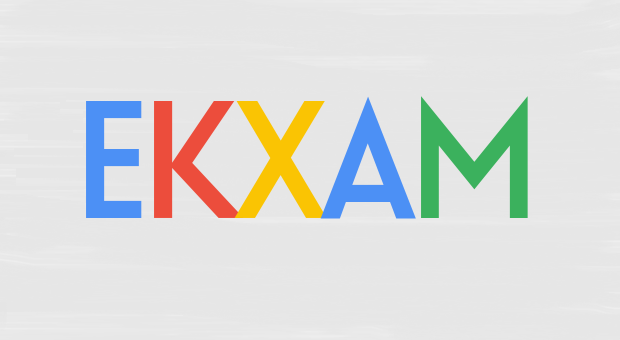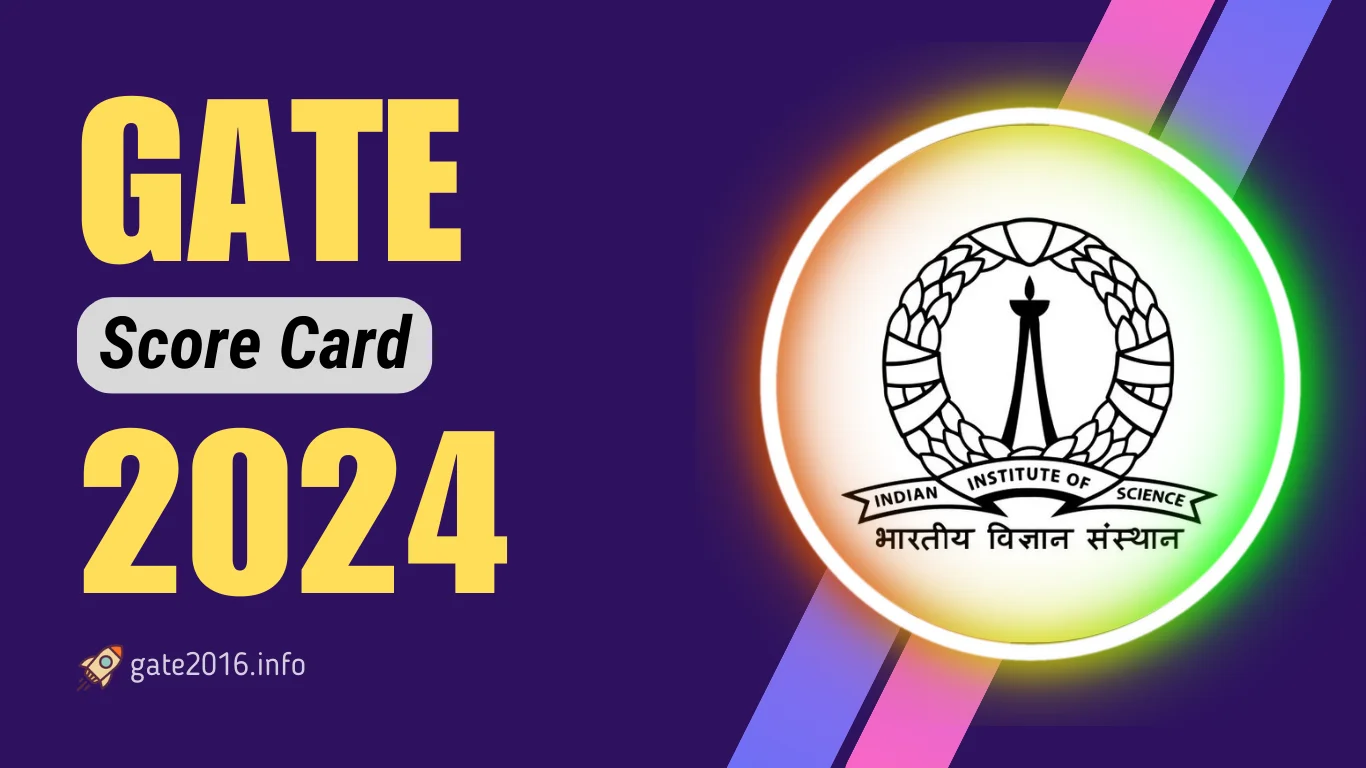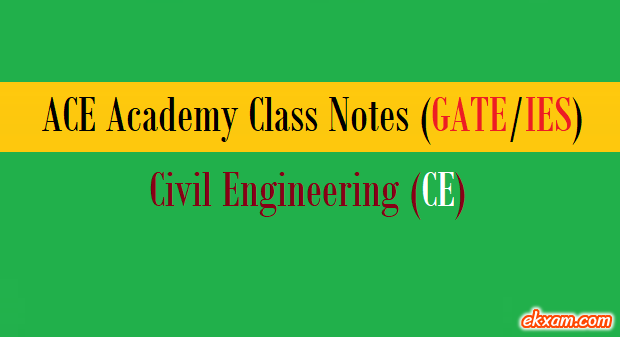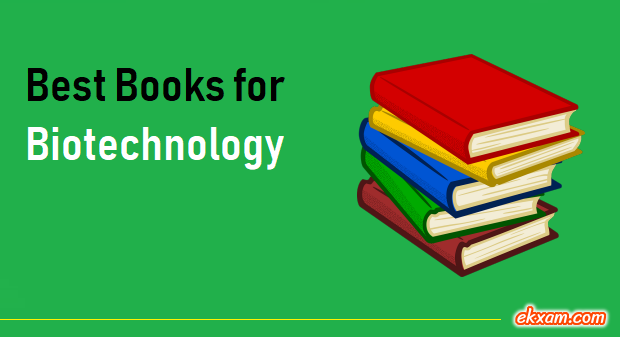Advertisements
Ratings
GATE CH Syllabus 2024 – GATE 2025 exam will be conduct by IIT, Roorkee on dates 1, 2 and 8, 9 February, 2025. Here we have provided latest Chemical Engineering syllabus & paper pattern for GATE 2024 aspirants.
All candidates with Chemical Engineering subject are advised to download this latest syllabus before starting their GATE 2024 exam preparation.
Contents
GATE 2025 Highlights
| GATE 2025 Conducting Body | IIT, Roorkee |
| GATE 2025 Exam Date | 1, 2, 8, 9 February, 2025 |
| GATE 2025 Total Subjects | 30 |
| GATE 2025 Exam Mode | ONLINE Computer Based Test (CBT) |
| GATE 2025 Exam Duration | 3 hours (180 minutes) |
| GATE 2025 Total Questions | 10 (GA) + 55 (subject)= 65 |
| GATE 2025 Total Marks | 100 |
| GATE 2025 Question Type | MCQ, MSQ, NAT |
GATE Chemical Engineering Paper Pattern 2024
| Paper Sections | Marks Distribution |
|---|---|
| Subject Questions | 72% of the total marks. |
| Engineering Mathemetics | 13% of the total marks. |
| General Aptitude | 15% of the total marks. |
GATE Chemical Engineering Syllabus 2024 PDF
| General Aptitude Syllabus (Common to all papers) [pdf] | Download |
| GATE Syllabus for Chemical Engineering (CH) [pdf] | Download |
GATE Chemical Engineering Syllabus for Core Subjects 2024
| Subjects | Topics |
| Section 1: Engineering Mathematics |
|
| Section 2: Process Calculations and Thermodynamics | Steady and unsteady state mass and energy balances include multiphase, multicomponent, reacting, and non-reacting systems. Use of tie components; recycle, bypass, and purge calculations; Gibb’s phase rule and degree of freedom analysis First and Second laws of thermodynamics. Applications of first law to close and open systems. Second Law and Entropy. Thermodynamic properties of pure substances: Equation of State and residual properties, properties of mixtures: partial molar properties, fugacity, excess properties, and activity coefficients; phase equilibria: predicting VLE of systems; chemical reaction equilibrium |
| Section 3: Fluid Mechanics and Mechanical Operations | Fluid statics, surface tension, Newtonian and non-Newtonian fluids, transport properties, shell-balances including differential form of Bernoulli equation and energy balance, equation of continuity, equation of motion, equation of mechanical energy, Macroscopic friction factors, dimensional analysis, and similitude, flow through pipeline systems, velocity profiles, flow meters, pumps and compressors, elementary boundary layer theory, flow past immersed bodies including packed and fluidized beds, Turbulent flow: fluctuating velocity, universal velocity profile, and pressure drop. Particle size and shape, particle size distribution, size reduction and classification of solid particles; free and hindered settling; centrifuge and cyclones; thickening and classification, filtration, agitation and mixing; conveying of solids. |
| Section 4: Heat Transfer | Equation of energy, steady and unsteady heat conduction, convection and radiation, thermal boundary layer and heat transfer coefficients, boiling, condensation, and evaporation; types of heat exchangers and evaporators and their process calculations; design of double pipe, shell, and tube heat exchangers, and single and multiple effect evaporators. |
| Section 5: Mass Transfer | Fick’s laws, molecular diffusion in fluids, mass transfer coefficients, film, penetration, and surface renewal theories; momentum, heat, and mass transfer analogies; stage-wise and continuous contacting and stage efficiencies; HTU & NTU concepts; design and operation of equipment for distillation, absorption, leaching,liquid-liquid extraction, drying, humidification, dehumidification and adsorption, membrane separations (micro-filtration, ultra-filtration, nano-filtration and reverse osmosis). |
| Section 6: Chemical Reaction Engineering | Theories of reaction rates; kinetics of homogeneous reactions, interpretation of kinetic data, single and multiple reactions in ideal reactors, kinetics of enzyme reactions (Michaelis-Menten and Monod models), non-ideal reactors; residence time distribution, single parameter model; non-isothermal reactors; kinetics of heterogeneous catalytic reactions; diffusion effects in catalysis; rate and performance equations for catalyst deactivation. |
| Section 7: Instrumentation and Process Control | Measurement of process variables; sensors and transducers; P&ID equipment symbols; process modeling and linearization, transfer functions and dynamic responses of various systems, systems with the inverse response, process reaction curve, controller modes (P, PI, and PID); control valves; transducer dynamics; analysis of closed-loop systems including stability, frequency response, controller tuning, cascade, and feed-forward control. |
| Section 8: Plant Design and Economics | Principles of process economics and cost estimation including depreciation and total annualized cost, cost indices, rate of return, payback period, discounted cash flow, optimization in process design, and sizing of chemical engineering equipment such as heat exchangers and multistage contactors. |
| Section 9: Chemical Technology | Inorganic chemical industries (sulfuric acid, phosphoric acid, chlor-alkali industry), fertilizers (Ammonia, Urea, SSP and TSP); natural products industries (Pulp and Paper, Sugar, Oil, and Fats); petroleum refining and petrochemicals; polymerization industries (polyethylene, polypropylene, PVC and polyester synthetic fibers). |
GATE Chemical Engineering Guidance
- How to Prepare for GATE Chemical Engineering: A Comprehensive Guide
- GATE CH Syllabus 2025: Chemical Engineering
- GATE CH Previous Year Solved Papers – (2023-2007)
GATE Chemical Engineering Syllabus & Exam Pattern FAQs
What is the syllabus for the GATE Chemical Engineering (CH) exam?
The GATE Chemical Engineering syllabus covers a wide range of topics related to chemical engineering.
It includes subjects such as Process Calculations and Thermodynamics, Fluid Mechanics and Mechanical Operations, Chemical Reaction Engineering, Heat Transfer, Mass Transfer, Process Control and Instrumentation, Plant Design and Economics, and more.
The detailed syllabus can be found on the official GATE website or on GATE2016.info.
Are there any specific books recommended for GATE Chemical Engineering preparation?
While there are no specific books recommended by GATE2016.info, there are several books available in the market that cover the topics mentioned in the syllabus. Some popular reference books for Chemical Engineering include 'Elements of Chemical Reaction Engineering' by H. Scott Fogler, 'Transport Processes and Separation Process Principles' by Christie John Geankoplis, and 'Introduction to Chemical Engineering Thermodynamics' by J.M. Smith et al.
How many questions are asked in the GATE Chemical Engineering exam?
The GATE Chemical Engineering exam consists of a total of 65 questions. These questions are a mix of multiple-choice questions (MCQs) and numerical answer type (NAT) questions. The exam is conducted for a total of 100 marks.
What is the exam pattern for the GATE Chemical Engineering paper?
The GATE Chemical Engineering paper follows the same exam pattern as other GATE papers.
The exam duration is 3 hours, and it consists of two types of questions: Multiple Choice Questions (MCQs) and Numerical Answer Type (NAT) questions.
MCQs have four choices, out of which only one is correct, while NAT questions require candidates to enter a numerical value as the answer using a virtual keyboard.
Are there any negative marks for wrong answers in the GATE Chemical Engineering exam?
Yes, negative marking is applicable for MCQs in the GATE Chemical Engineering exam. For each incorrect answer in MCQs, 1/3rd of the marks allotted to the question will be deducted as a penalty. However, there is no negative marking for incorrect answers in NAT questions.
Can I use a calculator during the GATE Chemical Engineering exam?
No, candidates are not allowed to carry any physical calculator inside the exam hall. However, a virtual calculator will be provided on the computer screen during the exam for calculations.
Are there any specific tips for effective preparation for the GATE Chemical Engineering exam?
Effective preparation for the GATE Chemical Engineering exam requires a thorough understanding of the syllabus, regular practice with previous years' question papers, and the use of standard reference books.
Creating a study schedule, taking mock tests, and revising important concepts are also crucial for success.
Additionally, solving numerical problems and practicing problem-solving techniques can enhance performance in the exam.
Are there any specific GATE coaching institutes or online platforms recommended for Chemical Engineering preparation?
While GATE2016.info does not endorse any specific coaching institutes or online platforms, there are several coaching institutes and online platforms that offer GATE preparation courses for Chemical Engineering.
It is advisable to research and choose a reputable coaching institute or online platform based on reviews, recommendations, and their track record.
Is it necessary to solve previous years' question papers for the GATE Chemical Engineering exam?
Solving previous years' question papers is highly recommended for the GATE Chemical Engineering exam.
It helps candidates familiarize themselves with the exam pattern, understand the types of questions asked, and assess their preparation level. It also aids in time management and improves problem-solving skills.
Can GATE Chemical Engineering be a suitable choice for higher studies or career opportunities?
Yes, qualifying in the GATE Chemical Engineering exam opens up various opportunities for higher studies and career advancements.
It can lead to admissions in prestigious postgraduate programs in Chemical Engineering, as well as opportunities in research and development, process industries, consulting firms, government organizations, and academia.
Related Links
- GATE 2025 Books: Chemical Engineering
- GATE CH Syllabus 2025: Chemical Engineering
- GATE CH Previous Year Solved Papers – (2023-2007)
Recent Posts
- AAI Through GATE 2024 – JE (Junior Executive)
- M Tech and MS Programs Through GATE and GRE: Navigating Postgraduate Options
- Job Opportunities After GATE 2024 in India: What You Didn’t Know!
- BSPHCL Through GATE 2024 – 40 AEE
Related Tags
Gate ch syllabus science 2025, Gate ch syllabus pdf download 2025, Gate ch syllabus pdf 2025, Gate ch syllabus paper 1 2025, gate syllabus 2025, gate syllabus chemical engineering pdf 2025, gate syllabus pdf 2025, gate syllabus chemical engineering pdf 2025
| GATE (Reasoning & Aptitude & Maths) Books |
| GATE Guide Books |
GATE Total Information & Guidance
Click below given links to get further information.





